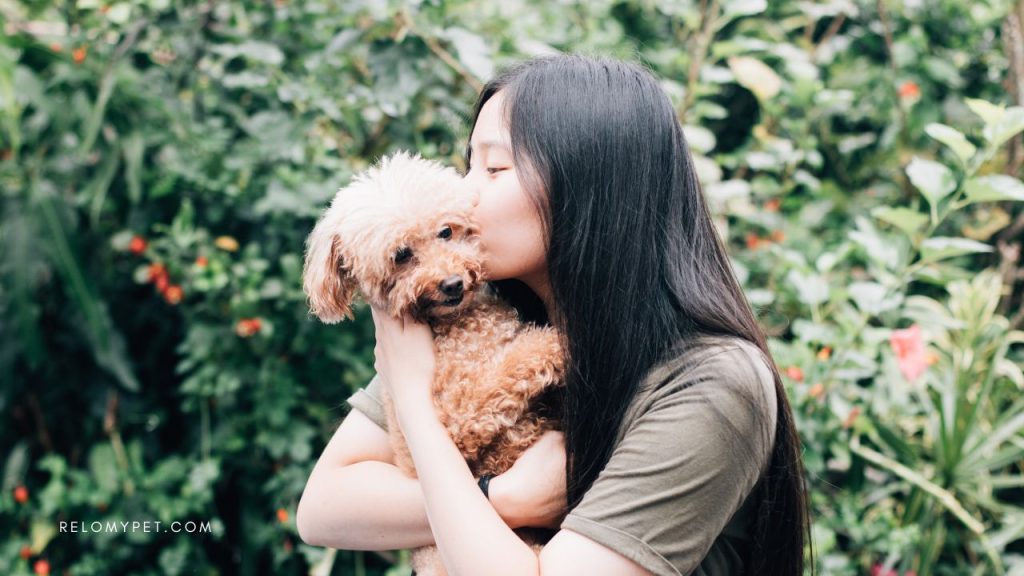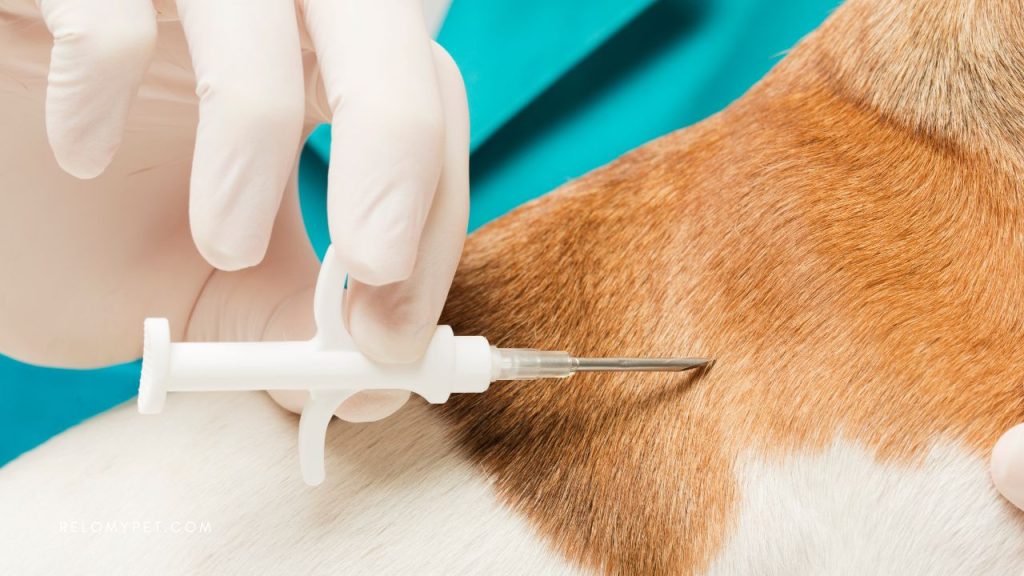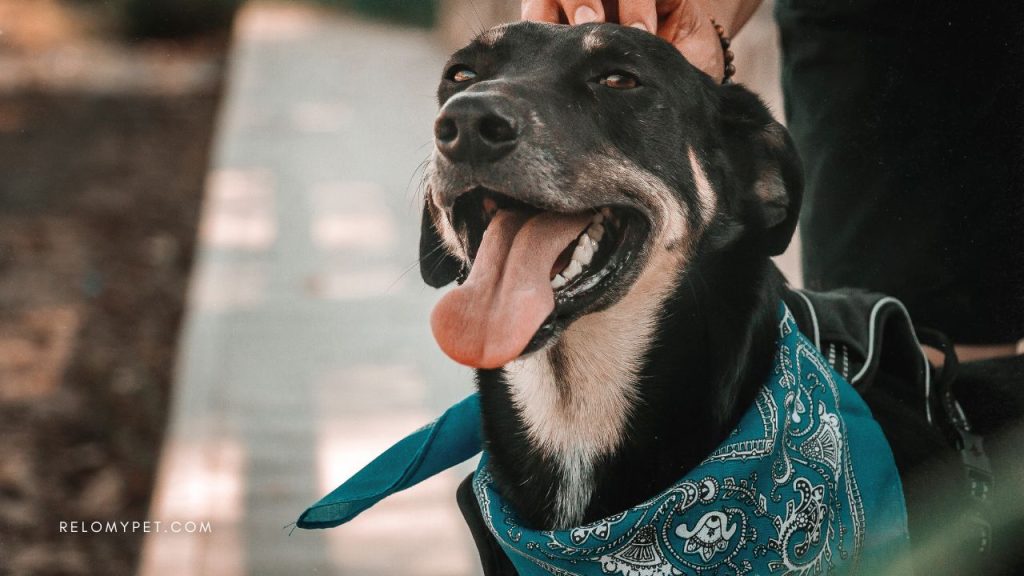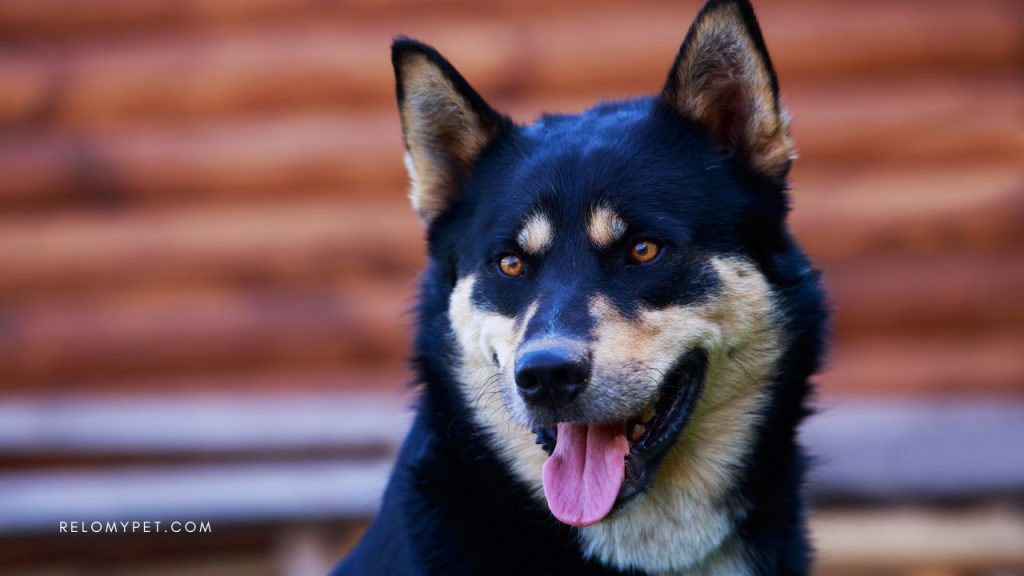Bringing Pets to Malaysia: Navigating the Pet Import Process
Table of Contents
Bringing your pets to Malaysia involves careful planning and adherence to specific regulations. This comprehensive guide, brought to you by Relopet International, will walk you through the essential steps for a smooth pet import process.

Microchipping: Ensuring Proper Identification
One of the primary requirements for importing pets into Malaysia is microchipping. Ensure that your pet is microchipped with an ISO 11784/11785 compliant 15-digit pet microchip for proper identification. The microchip should be implanted before the rabies vaccination is administered. Malaysia accepts microchips compliant with ISO Standard 11784 or Annex A to ISO Standard 11785.

Vaccination Requirements: Keeping Pets Healthy
Pets must be up-to-date on vaccinations, including rabies. Ensure that your pet’s vaccinations are administered by a licensed veterinarian and are well-documented.
Dog Vaccination:
- Leptospirosis
- Parvovirus (DHLPP)
- Hepatitis
- Parainfluenza
- Distemper
Cat Vaccination:
- Feline Viral Rhinotracheitis
- Calicivirus
- Panleukopenia (FVRCP)
All vaccinations should be administered no less than two weeks before the export date and must be valid. The rabies vaccine, in particular, must be inactivated and administered at least 30 days before departure.

Health Certificate: Ensuring Fitness for Travel
Obtain a health certificate issued by an accredited veterinarian confirming that your pet is free from contagious diseases and fit for travel. This certificate should include the pet’s name, age, description, and microchip identification number. It must also confirm the pet’s healthy status, vaccination history, and suitability for air travel.
Import Permit: Securing Entry Approval
Each pet needs an import permit from the Malaysian Quarantine and Inspection Service Department (MAQIS).
Quarantine: Adhering to Regulations
Pets will undergo quarantine at the airport of arrival, typically in Penang or Kuala Lumpur. The duration varies based on the country of origin. Advance booking of air-conditioned units for quarantine is essential due to high demand.

Pet Species: Additional Considerations
Be aware of specific restrictions on exotic or restricted pet species. Certain breeds of dogs, including Staffordshire Bull Terrier and Pit Bull Terrier, are banned.
The following dog breeds are banned in Malaysia:
- Akita
- American Bulldog
- Dogo Argentino
- Fila Brasileiro
- Japanese Tosa
- Neapolitan Mastiff
- Pit Bull Terrier (American Pit Bull Terrier or American Staffordshire Bull Terrier)

Should your dog belong to a restricted breed, securing special approval from the Director General of Malaysian Quarantine and Inspection Services is imperative before bringing your pet into the country. The roster of restricted breeds encompasses:
- Bull Mastiff
- Bull Terrier
- Doberman
- German Shepherd / Alsatian / Belgian Shepherd / East European Shepherd
- Perro de Presa Canario (Canary Dog)
- Rottweiler
Please be aware that the compilation of banned and restricted dog breeds is subject to alterations, and it’s advisable to stay informed about any updates or changes in the list.
The Importation Process: Step-by-Step Guide
1. Prepare Your Pet.
Ensure good health, up-to-date vaccinations, and proper grooming.
2. Microchip Your Pet.
If not already done, ensure microchipping by a qualified veterinarian with an ISO-compliant chip.
3. Visit Your Veterinarian
Obtain health certificates and required vaccinations. Discuss breed or age-specific health concerns.
4. Apply for an Import Permit.
Contact the Department of Veterinary Services (DVS) to apply, providing necessary documentation.
5. Arrange Travel Logistics.
Book with an airline accommodating pet transportation, ensuring compliance with regulations.
6. Plan for Quarantine.
If required, make necessary arrangements and provide for your pet’s comfort.
7. Upon Arrival.
Clear customs, follow DVS procedures and present all necessary documents.

By following these steps meticulously, you can ensure a smooth and stress-free pet import process into Malaysia. For personalized guidance, reach out to your pet relocation specialist or the Local Government Authority.
Frequently Asked Questions (FAQs) - Pet Import and Export in Malaysia
Yes, you can bring a dog to Malaysia. However, specific regulations and requirements must be followed to ensure a smooth import process. It includes microchipping, vaccinations, and obtaining an import permit.
Yes, a health certificate issued by an accredited veterinarian is mandatory for exporting pets from Malaysia. The certificate should confirm that the pet is free from contagious diseases, fit for travel, and include other essential details such as vaccination history and microchip identification.
Yes, a microchip is a mandatory requirement when importing a dog to Malaysia. The microchip should be ISO 11784/11785 compliant, with a 15-digit identification number. It must be implanted before the rabies vaccination is administered, and the Malaysian government accepts microchips that comply with ISO Standard 11784 or Annex A to ISO Standard 11785.
For personalized assistance and detailed information tailored to your specific situation, it is recommended to consult with your pet relocation specialist or contact the local Government Authority responsible for pet imports in Malaysia.
Contact Relopet International to Organize Pet Travel to Malaysia
For seamless and stress-free pet transportation services, rely on Relopet International. We understand the importance of your pet’s safety and comfort, and our expertise ensures a smooth travel experience for both you and your furry companion. Contact us today to learn more about our services.
